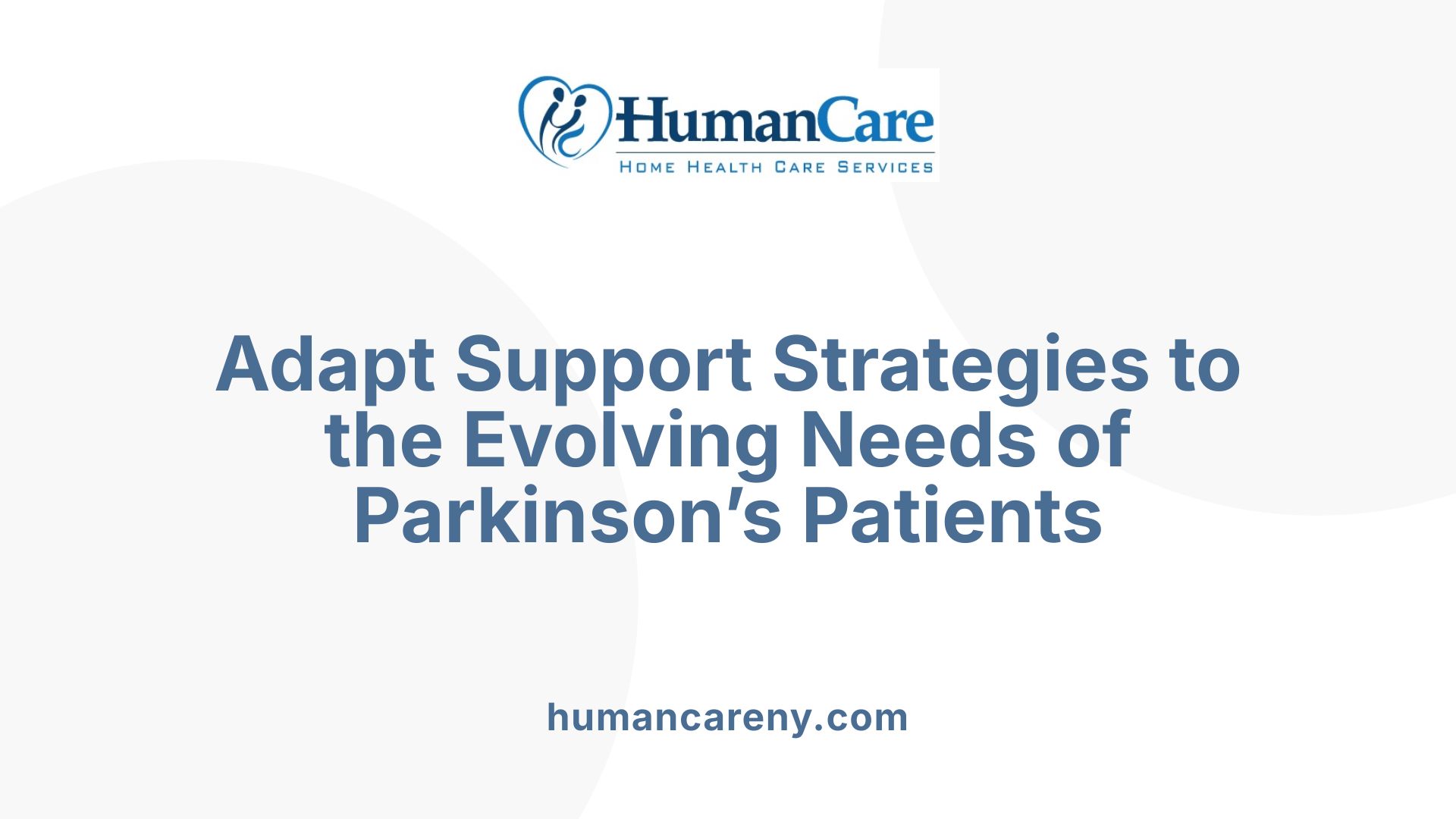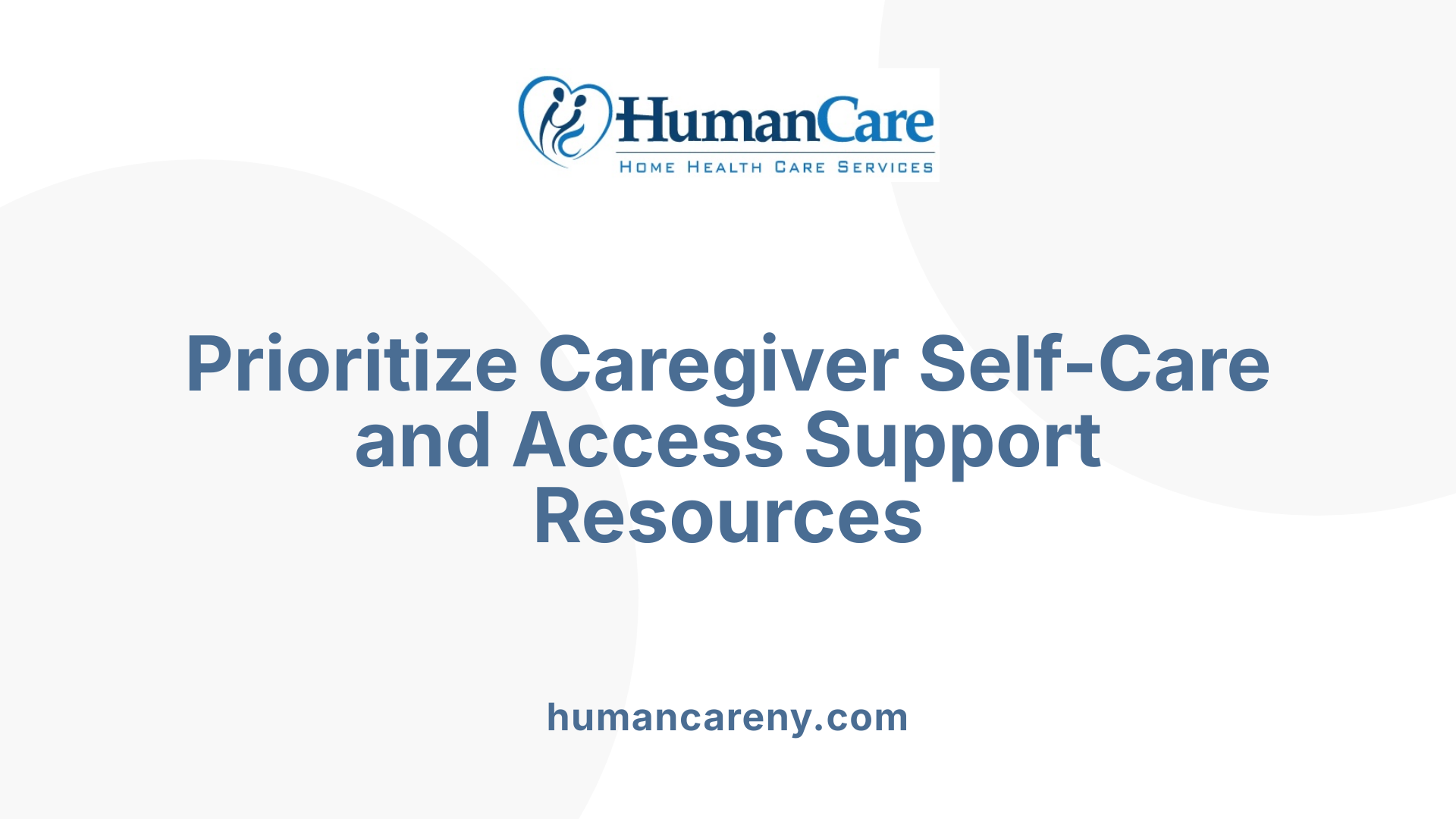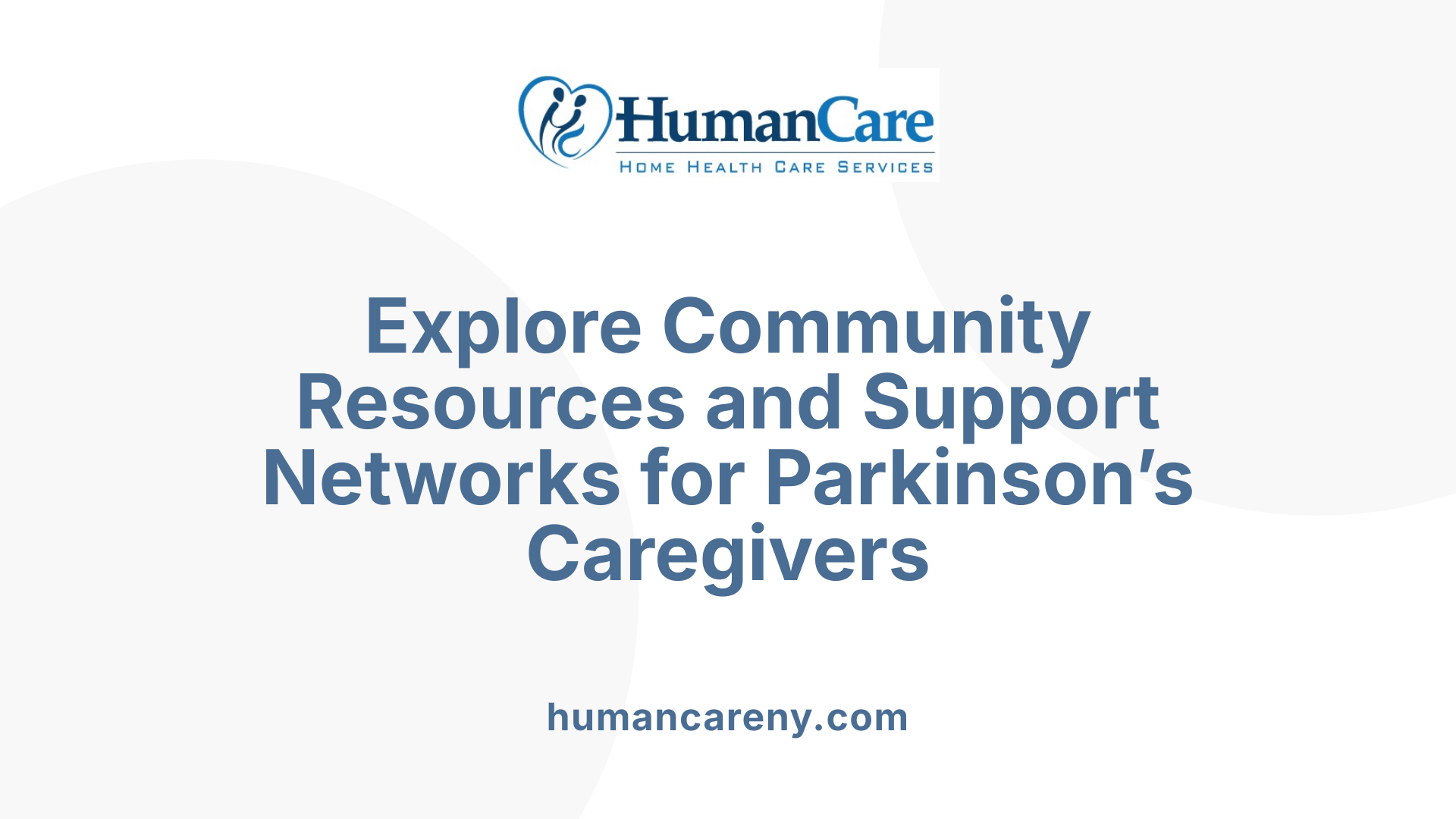Understanding the Vital Role of Companion Care in Parkinson’s Disease Support
Parkinson’s disease is a progressive neurological disorder that challenges both seniors and their caregivers. As symptoms evolve, the importance of comprehensive, compassionate support becomes increasingly evident. Companion care stands out as a vital resource, providing not only practical assistance but also emotional and social support that foster safety, independence, and improved quality of life for seniors living with Parkinson’s.
Personalized Support Tailored to Variable Disease Progression

What is the role of a caregiver in supporting someone with Parkinson's disease?
Caregivers play an essential part in managing the daily lives of seniors with Parkinson’s disease. Their responsibilities extend beyond helping with routine activities like bathing, dressing, eating, and mobility. They also need to understand the disease’s unpredictable nature and its progression over time.
An effective caregiver educates themselves about Parkinson’s, including its symptoms, treatments, and safety precautions. This knowledge enables them to identify changes in the person’s condition and respond appropriately.
Monitoring medication schedules, assisting with physical exercises, and encouraging social engagement are vital aspects of their support. Caregivers also ensure a safe environment by conducting home safety assessments—installing grab bars, removing tripping hazards, and improving lighting—to prevent falls.
Open communication is crucial. Techniques such as face-to-face interaction and clear questioning help the person express their needs, reducing frustration and emotional distress.
As symptoms evolve, caregivers adjust their assistance levels—from minimal help during early stages to full support in later phases. This personalized approach helps maintain the individual’s independence and dignity.
Providing emotional reassurance, facilitating social connections, and supporting mental well-being are equally important. Caregivers often collaborate with healthcare professionals and utilize community resources to ensure comprehensive care.
Ultimately, tailored support that adapts to each stage of Parkinson’s can significantly improve quality of life for seniors and reduce caregiver stress.
Practical Assistance and Safety Strategies in Companion Care

How does companion care support seniors with Parkinson's in daily activities and safety?
Companion care plays a vital role in helping seniors with Parkinson’s manage their daily routines and maintain safety. Caregivers assist with activities of daily living such as grooming, dressing, bathing, and meal preparation, which helps seniors stay clean, healthy, and independent.
Ensuring a safe living environment is equally important. Caregivers perform safety assessments to identify and remove hazards like loose rugs or clutter that could cause falls. They support mobility by encouraging gentle exercises, helping with walking, and using supportive devices, reducing the risk of falls.
Medication management is a key part of companion care. Reminders to take medicines on time and monitoring for side effects help control symptoms effectively. Plus, implementing fall prevention strategies, like installing grab bars and ensuring adequate lighting, provides extra safety.
Companion care also offers emotional and social support. Regular engagement and companionship help reduce feelings of isolation, which is common among people with Parkinson’s. Involving family members and utilizing community resources further supports overall well-being.
By tailoring care plans with input from healthcare professionals and respecting individual needs, companion care ensures seniors with Parkinson’s can live safely and comfortably, preserving their independence as much as possible.
Benefits of Companion Care in Symptom Management and Quality of Life

What are the benefits of companion care for managing Parkinson's symptoms?
Companion care provides significant support for seniors living with Parkinson’s disease, focusing on emotional well-being, safety, and daily functioning. One of the primary advantages is emotional support and social engagement, which helps alleviate feelings of loneliness, despair, and isolation. Regular companionship offers mental health benefits, reducing depression and encouraging participation in social activities.
Support from caregivers also promotes physical activity. Encouragement of gentle exercises, physical therapy routines, and movement activities helps maintain mobility, flexibility, and strength. This proactive approach can slow disease progression and decrease fall risks. Caregivers assist with medication reminders and help track side effects, ensuring that treatments are followed properly to maximize their effectiveness.
Nutrition and proper meal planning are other critical areas where companion care makes an impact. Supportive cooking and dietary adjustments ensure seniors receive balanced diets suitable for their condition, aiding overall health and medication efficacy.
Caregivers are trained to adapt their support as the disease advances, ensuring safety through home modifications like installing grab bars and removing hazards. They also monitor changes in symptoms, such as increased mobility issues or swallowing difficulties, enabling timely interventions.
By providing personalized care that integrates emotional, physical, and safety needs, companion care enhances independence and quality of life. It creates a stable, supportive environment, empowering seniors with Parkinson’s to live with dignity and comfort. This continuous, attentive support forms the foundation of managing symptoms effectively and maintaining well-being.
Supporting Caregiver Well-being and Sustainable Support Systems

How does Parkinson's disease impact caregivers and what support do they need?
Caring for someone with Parkinson's disease presents unique challenges that can take a toll on caregivers' physical, emotional, and mental health. The progressive nature of Parkinson's means that caregivers often face increased responsibilities over time, including managing medications, assisting with daily activities, and ensuring safety at home.
Many caregivers experience stress, fatigue, anxiety, and feelings of isolation. These emotional and physical strains can lead to burnout if not addressed properly. To sustain their vital role, caregivers need access to various support systems.
Respite care services offer temporary relief, allowing caregivers to rest and recharge. Education and training about Parkinson’s symptoms, progression, and caregiving techniques empower caregivers to provide effective support while reducing uncertainty.
Support networks, such as community groups and caregiver communities, facilitate sharing experiences and emotional encouragement. Professional counseling and mental health resources support coping strategies, helping caregivers manage stress and maintain well-being.
Practicing self-care is essential. Regular medical check-ups, engaging in hobbies, exercising, and staying connected with friends and family help preserve their health.
Building a comprehensive support system that includes outside help, educational resources, and emotional support reduces caregiver burden and enhances the quality of care provided. This balanced approach ensures both caregivers and their loved ones with Parkinson's can maintain dignity, safety, and a good quality of life.
Collaborative Approaches and Resources for Optimal Parkinson’s Support

What support and resources are available for caregivers of people with Parkinson's?
Caring for someone with Parkinson’s disease can be challenging, but numerous resources are available to support caregivers in their vital role. The Parkinson’s Foundation stands out as a comprehensive source, offering helplines, online educational courses, support groups, and community events such as Moving Day or A Walk for Parkinson’s. These programs provide both practical guidance and emotional encouragement.
In addition to these programs, caregivers can access useful tools like the Caring and Coping workbook, hospital safety kits, and detailed information about managing the medical, insurance, and long-term planning aspects of Parkinson’s care. Support organizations like the VA Caregiver Support Program offer specialized resources, including respite services and caregiver education.
Peer support and counseling services further bolster caregivers’ resilience, helping them to manage stress and avoid burnout. Importantly, caregivers are encouraged to prioritize self-care by seeking emotional support, maintaining their health, and utilizing community services to sustain their caregiving capacity.
These resources contribute significantly to a caregiver’s ability to provide consistent, compassionate, and effective support, ensuring better quality of life for people with Parkinson’s. Accessing a combination of professional support, community programs, and personal care strategies creates a balanced approach to managing the complex needs associated with Parkinson’s disease.
Empowering Caregivers for a Better Quality of Life
Companion care is integral in providing holistic support to seniors with Parkinson’s disease, addressing physical, emotional, and safety needs. A well-planned, adaptable approach involving community and professional resources not only enhances the independence and dignity of those affected but also alleviates caregiver stress. Through education, safety modifications, emotional support, and ongoing assessment, companion care creates a supportive environment that helps seniors navigate the complexities of Parkinson’s while empowering caregivers to deliver effective, compassionate support. As research and resources continue to expand, the future of Parkinson’s support promises a more connected, safer, and more respectful experience for all involved.
References
- Getting Outside Help | Parkinson's Foundation
- The Impact of Companionship for Those Living with Parkinson's ...
- Companion Care for Parkinson's Patients in Home Care
- How Home Care Can Empower a Senior with Parkinson's
- Parkinson's Disease and Caregiving
- Caring for the Care Partner | Parkinson's Foundation
- How to Provide Gentle Elderly Care for Seniors with Parkinson's



